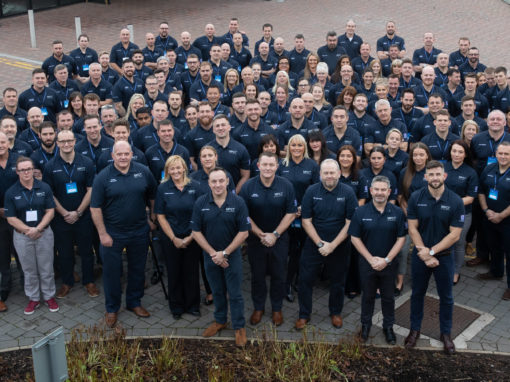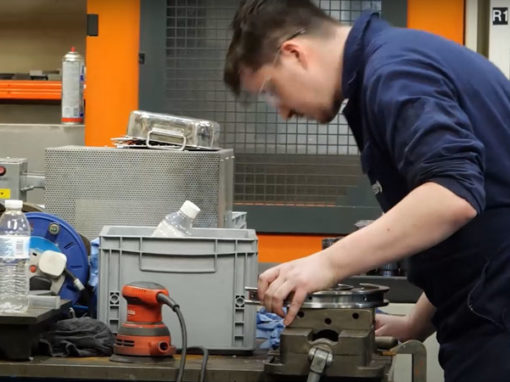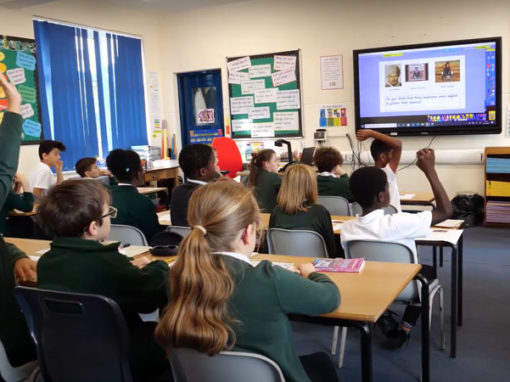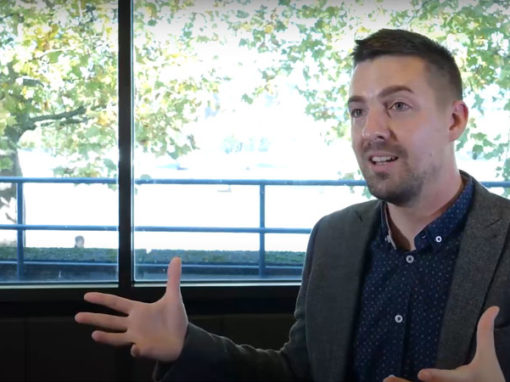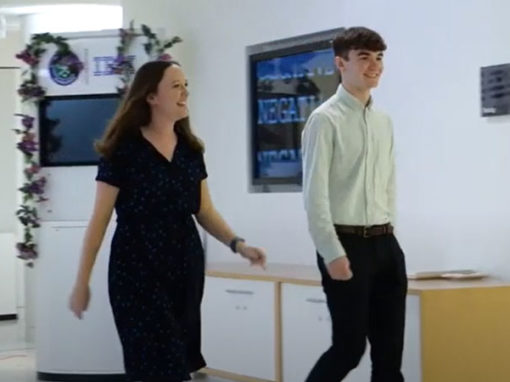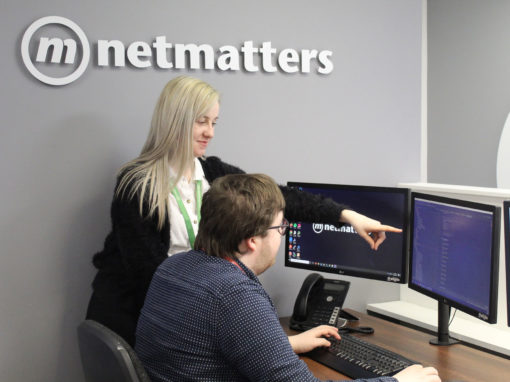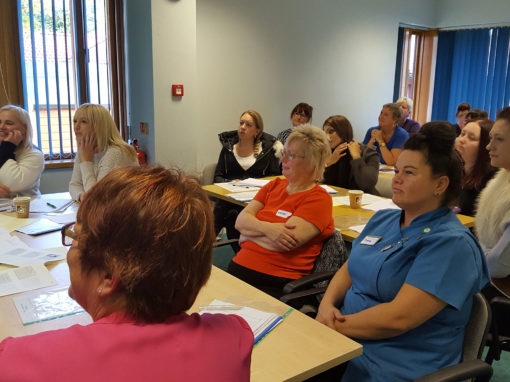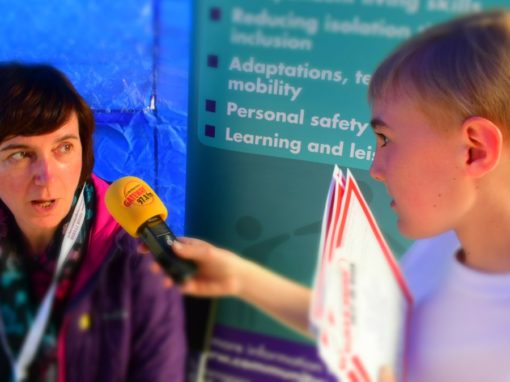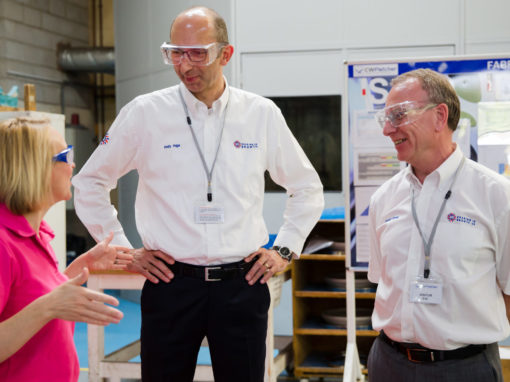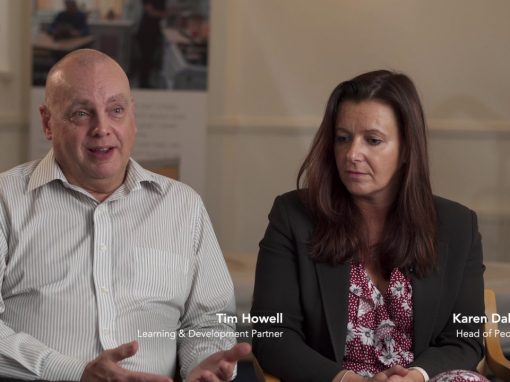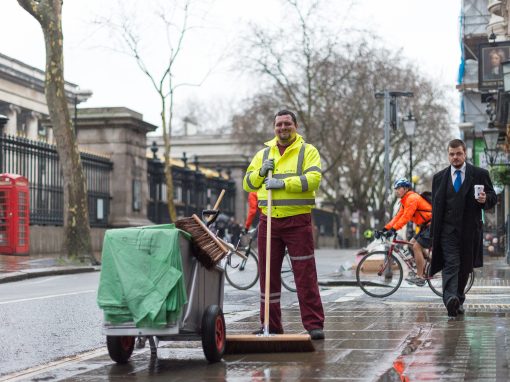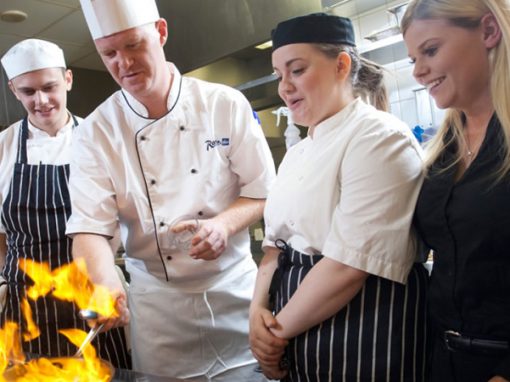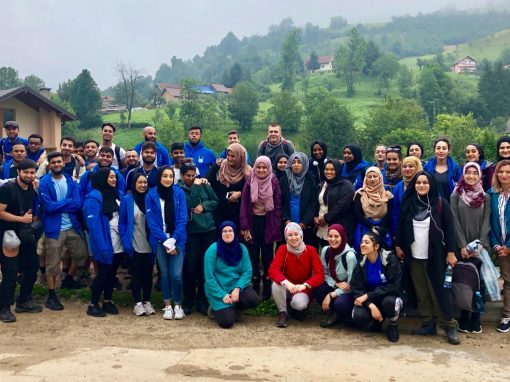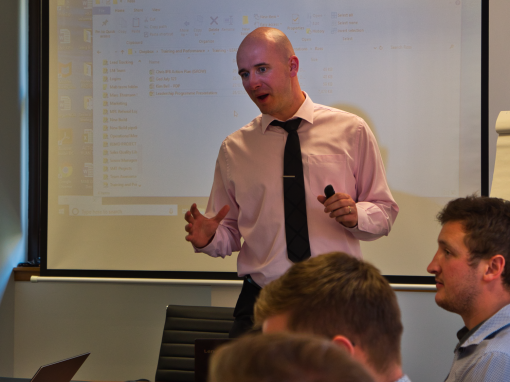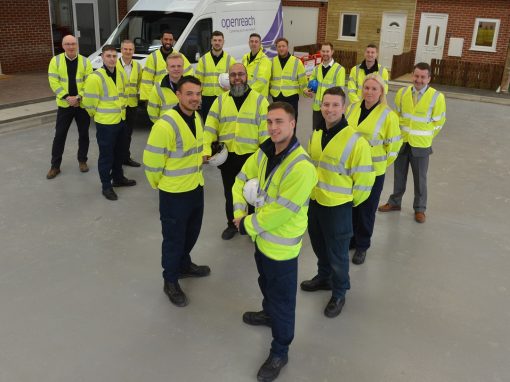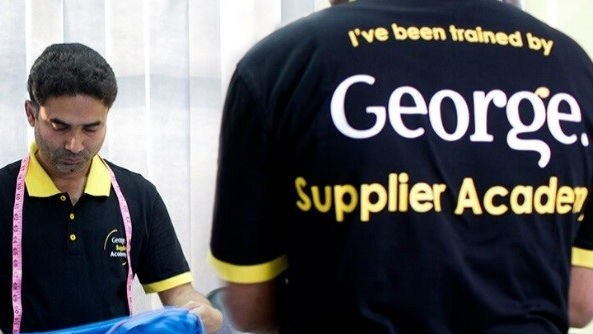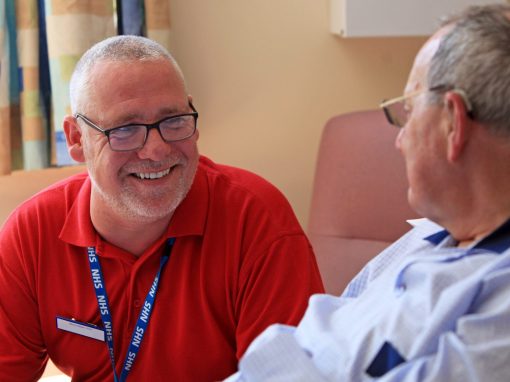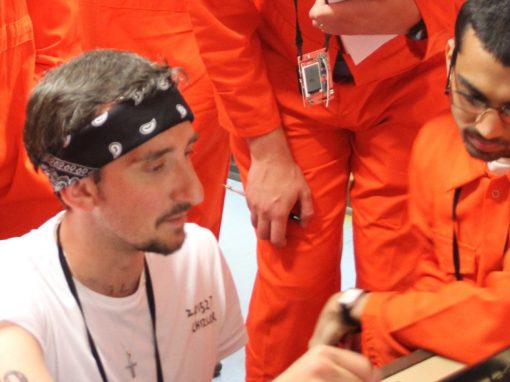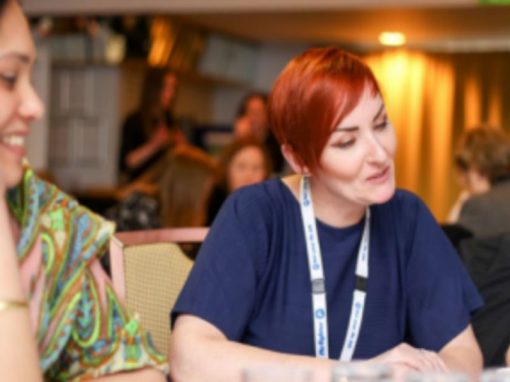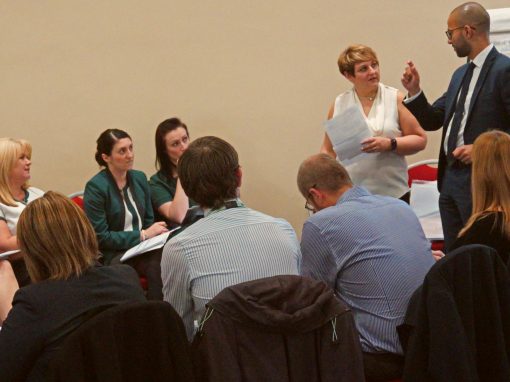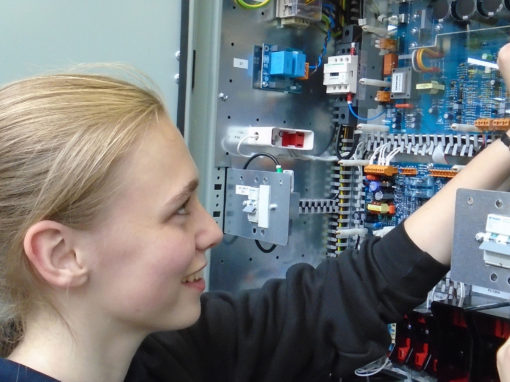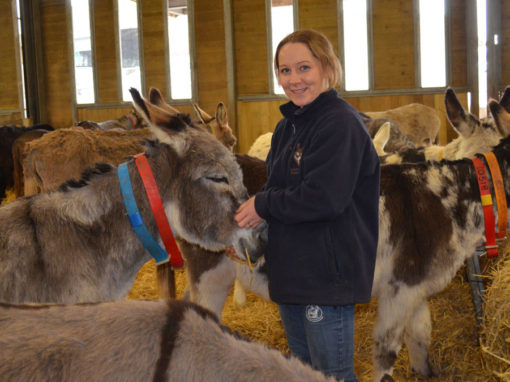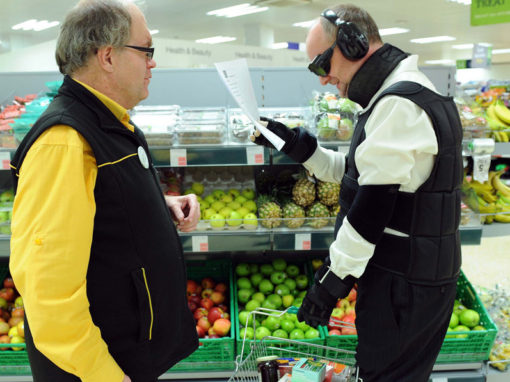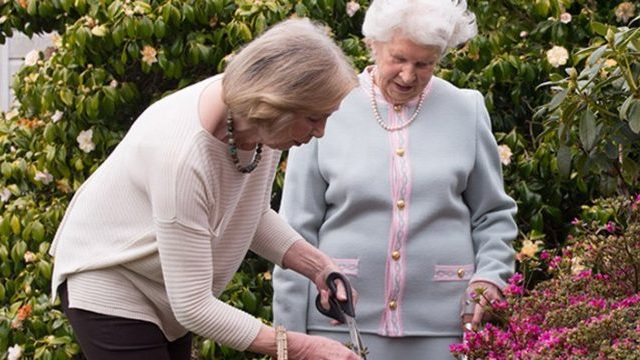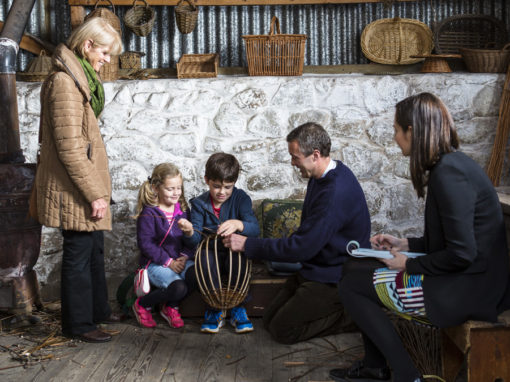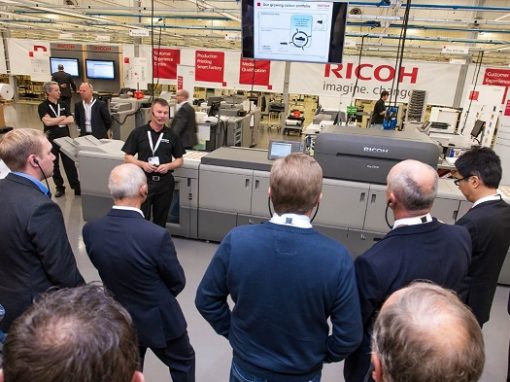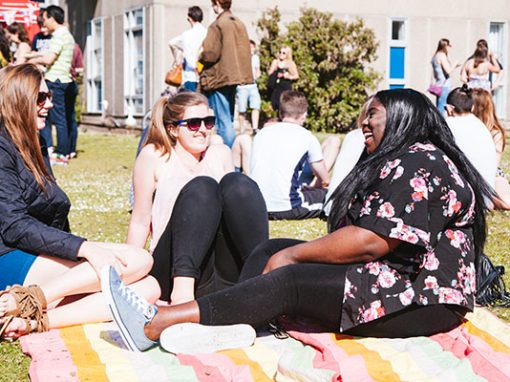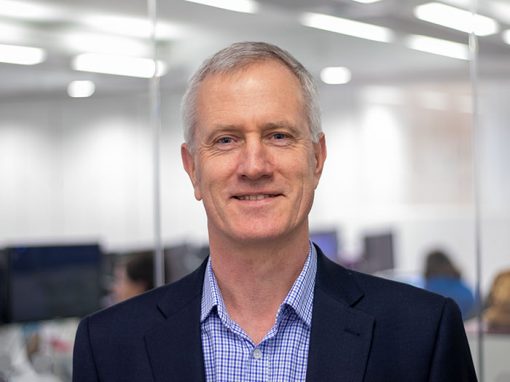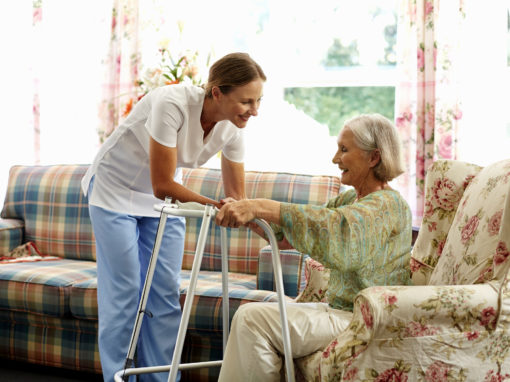Case Study: Care sector using patient-focused training to deliver wide-reaching impact
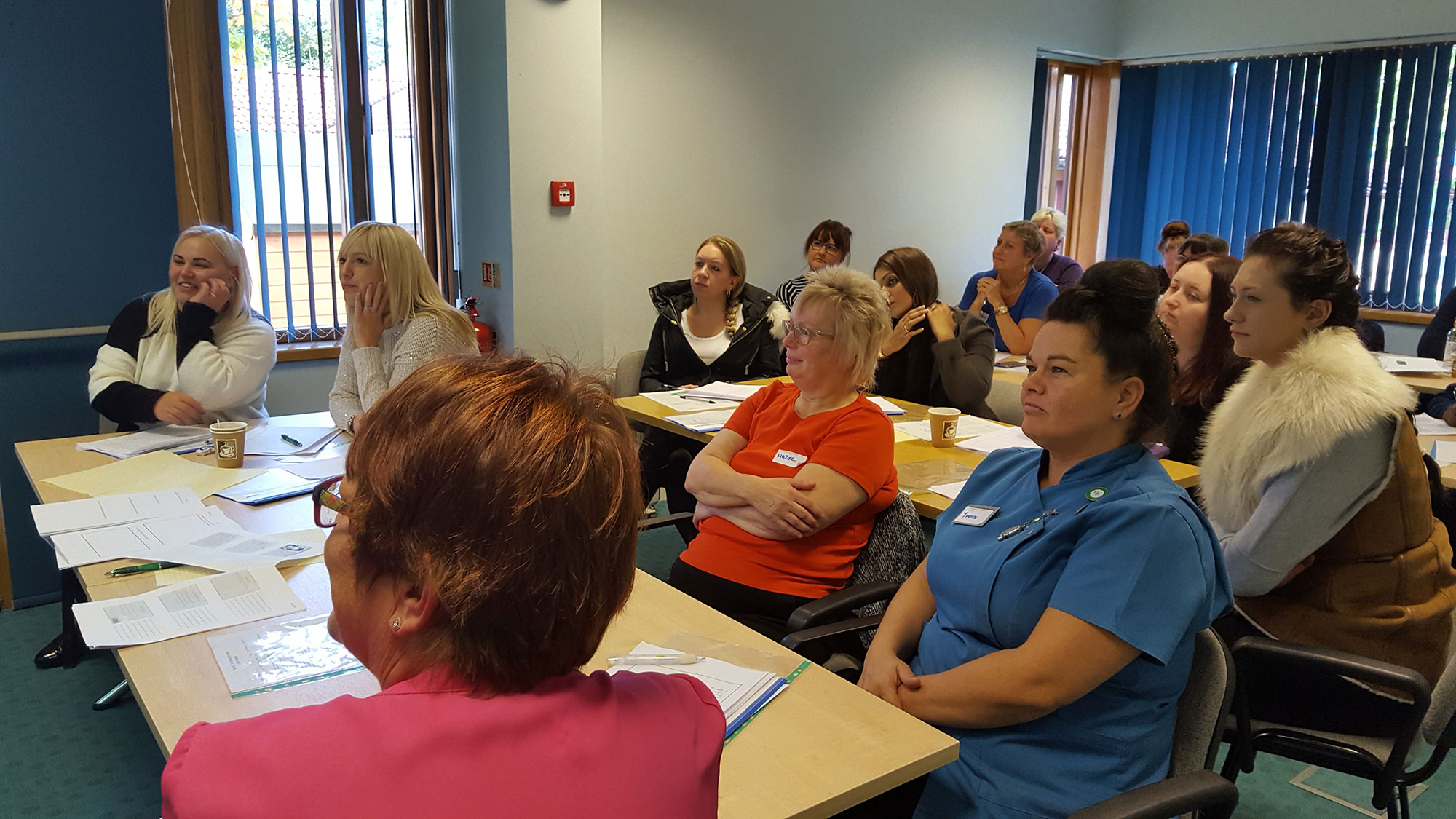

Despite challenging times and threats of redundancies due to Covid-19, the care industry is one of the sectors still recruiting as the need for employees to look after patients in hospitals, care homes and hospices is ongoing. Many of these providers are using training to upskill their staff in order to provide the best possible service to those in their care.
Date 2020
Region UK-wide
Size 1000+ employees
Sector Professional Services
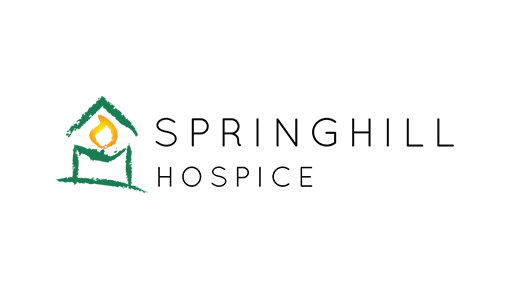
Two such organisations are 2020 Princess Royal Training Award recipients: Caring Homes and Springhill Hospice. Both have successfully used training to meet different challenges in their organisations and have been able to prove the impact back to the business, the employees, their service users and the wider communities.
Springhill Hospice
Date 2020
Region North West
Size 50-249 employees
Sector Charities and not-for-profit
Increased understanding of patients’ needs
Family-run Caring Homes is a care and support provider with a network of care facilities in the UK. As part of the business’s My World Dementia Strategy which highlighted a need for a better understanding of special dysphagia diets – dysphagia refers to those who have difficulty or discomfort in swallowing – the business launched its Chef Development Programme.
The programme aims to improve the quality of life for patients suffering dementia and dysphagia; inspiring chefs to adopt new ways of producing and presenting food whilst breaking down misconceptions concerning dementia within kitchens.
The training follows a ‘storytelling’ approach based on real examples of residents’ needs and wants. It incorporates a mix of experiential learning to convey difficulties experienced by those with dementia when eating, with sensory learning, theory and practical skills training and assessment.
The programme is designed to be cascaded through Mentor Chefs who are separately skilled and qualified to undertake this role.
Person-centred approach
Organisational impact is clear. The 45 chefs who have been trained understand residents’ care needs, preferences and behaviours better and are more integrated into the wider care teams. They have ‘gone beyond the kitchen door’ and built better relationships with residents when previously they would have lacked the confidence or incentive to do so.
The benefits for residents are also wide-reaching. There is a vastly improved and varied presentation of attractive, nutritional food, which has had a positive impact on residents’ enjoyment and health. One resident with dementia, who struggled to stay seated for long to eat, showed increased weight gain after a chef provided her with a portable Bento box of finger food that she could eat ‘on the go.’ Furthermore this led to a more productive working relationship between the kitchen and care teams who worked together to deliver a person-centred care approach.
As Director of Learning and Organisational Development Liz Willis confirms: ‘It is Caring Homes’ commitment to provide all colleagues with comprehensive development opportunities and the Chef Development Programme does just that. It has led to all colleagues within the homes, not just Chefs, working together to provide better mealtime experiences for our residents. The programme upholds our vision to support outstanding Homes where extraordinary people are passionate about care quality that enhances lives every day’.
Upskilling to manage challenging situations
Springhill Hospice is a charity which provides end-of-life care and support predominantly for people in North West England. The Hospice has a specialist department that not only provides palliative care education for Hospice staff but also provides free-of-change training to health and social care staff in the borough.
The Hospice developed the Springhill Palliative Care Education Passport covering the physical and psychological care of patients. The training is learner-focused and created to be available to all, regardless of role or academic ability.
Consisting of 6 modules, the programme is delivered through a range of methods including exercises, videos and e-learning. Workshops are also offered for caring for those with dementia and learning disabilities.
A key part of the training focuses on spirituality and psychological care. Learners are encouraged to explore their own perspectives of spirituality as well as gaining an understanding of how it could provide a means of comfort and well-being to their patients. One nurse said: “When I go to care homes I now treat the carers as I would the family of the patient I am seeing. I have grown to realise that they may have cared for that person for many years and they need the support that I would give to family members.’
Extended support to families and communities
The programme has been successful in securing and improving high quality patient care together with providing extended support for families and communities. Furthermore the training has extended its reach to communities who have not previously seen the services of the Hospice as positive.
These include delivering information sessions for specialist groups who traditionally are underrepresented in the patients using the Hospice including several sessions being held for South Asian groups.
This was seen as important as although the local population is identified as 14% South Asian, only 2-3% of patients at the Hospice were from this group. Following targeted promotion and education, patient numbers from this group have increased to 9%.
Whilst the challenges these organisations face are different, both are using training to increase confidence and improve the skills of their learners to make a real difference to the people in their care.
Both programmes are having even wider-reaching impacts by informing, uniting and inspiring people in the communities in which they serve.
Recipient stories

